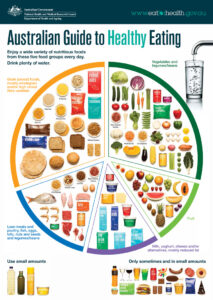
My Telehealth Service
I offer appointments via Telehealth, as well as face to face.
Telehealth allows me to video chat with you on a safe and secure platform.
To participate in a Telehealth appointment, you will need to have a stable internet connection and a device that supports video and audio. Most computers, laptops, tablets and mobile phones will satisfy this requirement.
A link to your Telehealth appointment will be emailed to you when you book your appointment. I will also SMS a link to your Telehealth appointment to your mobile phone the day before your appointment. Please make sure you provide an email address and mobile phone number. Without this link, there will be delays to your appointment or you will not be able to join your Telehealth appointment.
Dispensing Herbs and Supplements
For Telehealth patients I dispense herbs and supplements via the online dispensary. Once I have added your prescription to the dispensary site, you will receive an email giving you access to the site. You will then be able to order your herbs and supplements, and choose the delivery method. Your herbs and supplements will be delivered to your door.





